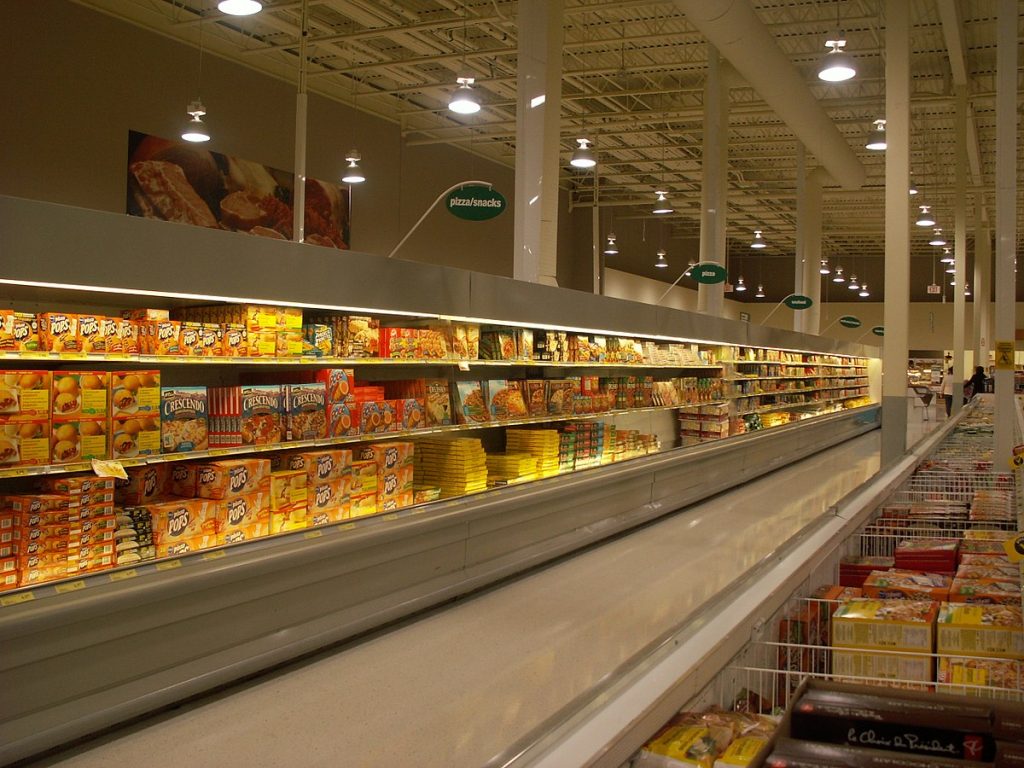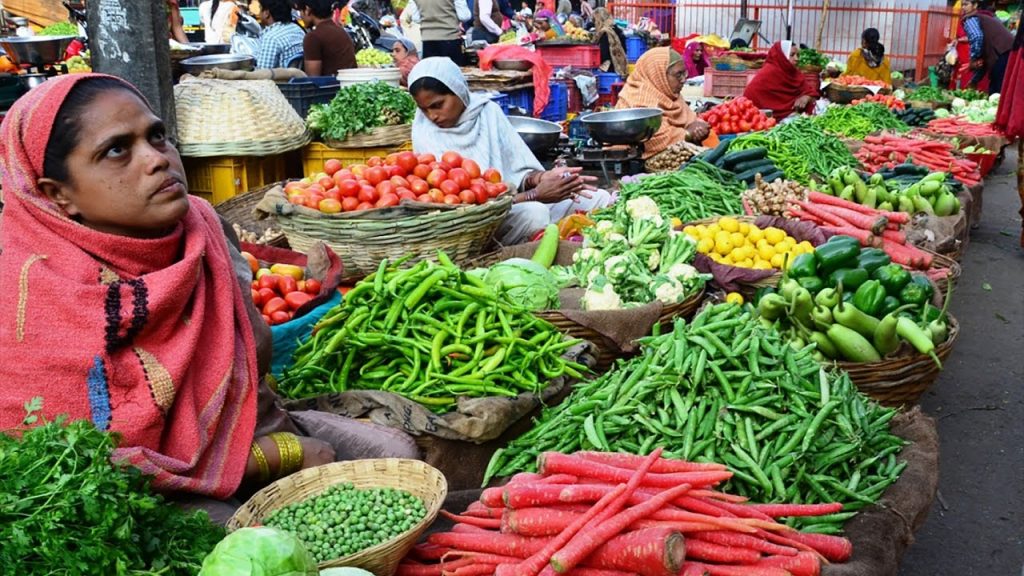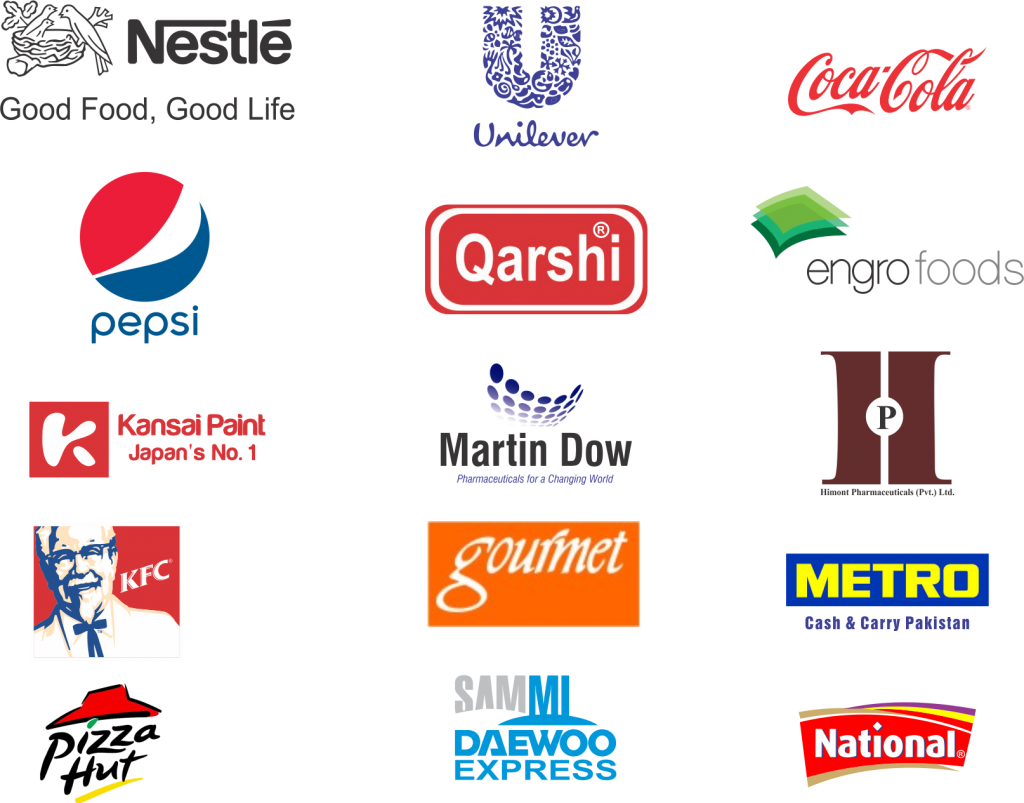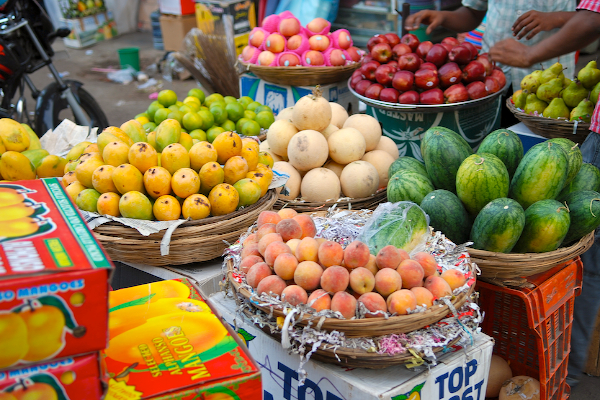
Kargil is a word known to us; only for the war that broke between May and July 1999 in the Kargil district of Kashmir and along the line of control. Both Pakistan and India have been doing heavy military spending detrimental to their poor performance in trade and industry. So, people in these countries can’t think of Cargill, Inc. which is an American privately held global corporation. The company, founded in 1865, is the largest privately-owned food industry in the United States. Employing 140,000 employees in 66 countries, it is holding 25% of all United States grain exports, 22% of the US domestic meat market and is the largest poultry producer in Thailand. All over the world, McDonald’s restaurants only use those eggs that pass through Cargill’s plants. The company is also the only producer of Alberger process salt which is used in the fast-food and prepared food industries.
Pakistan stands at 5th place in the Muslim world and is the 20th largest farm output country in the overall world today. We have a splendid global positioning in food production including Chickpea(2nd), Mango(3rd), Apricot(4th), Sugarcane(4th), Milk (5th), Onion(5th), Date Palm(6th), Rice(8th), Wheat(9th) and Oranges(10th). In livestock population, its buffalos, goats, sheep and cattle are occupying the 2nd, 3rd, 9th and 13th place in the world.
Although the country has an abundance of able land and water but only 25% of its total land area is under cultivation. However, this 25% is still enough to position its irrigation system as one of the largest irrigation systems in the world. So huge that today our country irrigates three times more acres than Russia. Comparing ourselves to Russia means comparing 7 lac Km2 total area of Pakistan with the7.1 million Km2 of Russia.
44% of our labor force is employed in the food/agriculture industry and it accounts for 23% of our GDP as well. Food and allied products industry are one of the largest in Pakistan as it accounts for 27% value-added production and 16% of total employment in the manufacturing sector. As per a recent estimation by the Pakistan Economic Survey, there are approximately 80,000 small businesses and more than 2 million micro-enterprises in the country, most of which are food manufacturers. But more than 80% of these fall into the rural setting and their production and its quality depends on the available raw material and poorly skilled non-professional labor. 40% of these are a part of milling sub-sector (wheat and rice).
But with all this, our food exports have a minuscule 0.22 percent share in the global food market of nearly two trillion dollars. Low productivity, post-harvest losses, a high cost of doing business and shortage of gas and electricity have jointly managed to keep us at no place in the world food business. All we can smile upon is the fact that food still is a better performing sector in our exports which stands at 0.22% compared to 0.14% of our share in overall global trade. In the last fiscal year, Pakistan exported food items of $3.4 billion compared to total global food exports of $1.486 trillion.

This is because of the fact that the none of our governments have ever treated food as an industry and hence, no efforts have been made to avail the latest technology, plants and means of food processing necessary to produce a quality that can be exported with confidence. Unskilled, illiterate labor and low wages bar the industry from any value addition. Integration between farmer and consumer is absent, shaky supply chain and distribution systems make our food producers uncompetitive globally. Most of our food industry is unregulated and is unknown to the words like financial skills, knowledge and management. Production hygiene is totally absent and laws and regulations toothless to do any favor.
Due to this, 70% of this rural industry is in a condition that no bank is ready to finance their needs. Commercial banks have no trust and confidence in the industry’s business procedures and the possible ROI. Mr. Kabir Ali Raja, Manager of an Agricultural Development Bank’s branch in a rural setting explained the situation to MORE in these words, “Banks are here for a profit, our funds are not for free. These SMEs have no storage capacity and the commodity prices touch rapid slumps, there is no functional market economy and the return on investment (ROI) is below 30%. Which bank do you think would be willing to invest in so much deficit of the financial interest?”
Farhan Anees is the Project Director of Food Technology Asia, an International Exhibition being held in Pakistan since last 11 years. In an exclusive discussion with the MORE, he said that the largest hurdle to our meat export is Halal Certification. Billions of consumers in the world buy meat that is stamped “Halal” and only 20% of our meat producers have these certifications in hand. Rest of them have neither tried nor interested in meeting the standards required for the export of Halal meat to Europe, the US and the Middle-East. Non-Muslim countries have acquired these global certifications and are exporting meat to the Muslim countries but we are far behind in the race. There is no governmental facilitation and support for the purpose and it seems that no one is serious about it. PSQCA is producing production standards, so does the ISO, but no one is interested in their certification and implementation. The world is not blind; thankfully they have missed the mega scandals of haram meat and contaminated food that emerged here in the past couple of years. If they didn’t, our food exports would have been banned by now.
As far as food technology is concerned, we are disappointed by the pace of its adoption in the food industry. Hardly 10% of our production facilities are using the latest equipment, rest are relying on medium to obsolete technology that cannot help the sector in any way. Our production rates in the land and industry are pathetic and packaging is substandard. We have been showcasing European and Chinese machinery side by side to give our industry an option to buy what suits them the most, but we are dissatisfied with the response so far. There is no exhibition on the governmental level to show their interest in the industry nor do they bother to partner with us meaningfully. We don’t want money from them, but at least a few letters and official partnerships to drive the interest of public sector departments into the new technology. That even is not on their agenda, Anees added.
With 200 million people in its borders, Pakistan will have 100 million more until 2030. This is going to pose serious demographic challenges including food insecurity in a country where over 60 percent of the population is living below the absolute poverty line which is spending 70-80 percent of their income on food only. This is a threat as well as an opportunity. Biotechnology can offer a reliable solution to this as the world today is fast moving towards the biotech crops that are capable of ending food shortage and enhancing its quality in a minimal span of time.
Pakistan can only gain its due share in the world food markets if it shifts itself from no-value products to value-added processing. We are not bad in processing cereal grains (rice, maize, wheat, and barley), sugarcane, various fruits and vegetables, marine and freshwater seafood, meat, and dairy products. But our product range is still too short, lacks quality and the production is petite. Traditional farming practices are not adding into the raw material supplies and the middle man is leaving nothing for a farmer to invest in the seed, pesticides and fertilizers for better production.

The global face of Pakistan’s food industry is being well maintained by some leading national and international companies operating within our borders. These include Clover Pakistan, Engro Foods Limited (EFL), National Foods Limited, Unilever Foods Pakistan, Nestle, Dalda, Mair Foods, Mitchell’s Fruit Farms, Murree Brewery, OMore, Shan Food, Shezan International, United Industries, K&Ns, and others. The growth and financial statistics of these companies show that the future of the food industry in Pakistan is bright. Rice, meat, chicken, noodles, crackers, corn flakes, potato chips, wheat and barley porridge, canned cooked food are now being packaged and produced on a large scale but we need to expand this product line.
Public-private partnership can be a vital support to industry growth as well. For example, Chilli crop is mainly based in the province of Sindh. Very left behind, but when Engro Foods in collaboration with the Muslim Commercial Bank provided loans and assistance to the farmers, National Foods, provided farmers with geotextile sheets and DuPont covering sheets to ensure better and faster drying cycle, Bayer, Novartis, and ICI Chemicals provided training to the farmers regarding fungicides and pesticides our Chilli production met the historical heights.
Pakistan’s meat export industry is growing at a rate of 30% every year. There is an urgent need that educational institutions like the University of Veterinary and Animal Sciences (UVAS) shall come forward to train the meat industry on the technical skills and scientific methodologies that challenge their product globally.

Our Sindhri, Chaunsa and Langra mangoes need hot water and vapor treatment plants. These are not expensive but are absent from the mango producing areas of the country. Food processing companies have installed some such plants in Karachi but are useless for a common farmer who finds it more feasible to sell the product in his own town than to transport for Karachi. Mango pulp, chutneys, jams, dried mangoes and pickles are what we can flood the world with. The only problem is the governmental negligence on the subject. According to an estimate by the Agriculture Research Institute of Pakistan, improper handling of produced items and the magnitude of post-harvest losses in vegetables and fruits is 40 percent while in the case of grains, 20 percent.
It seems that the14 research institutions and laboratories of the PCSIR, employing 850 scientists, technologists and engineers are doing nothing to help our food industry. Help aside, the federation and provinces are even not interested in surveying the size and depth of our food industry, classifying its key sub-sectors and developing a data baseline to monitor it properly.
Food, in Pakistan, is sailing under false colors.
